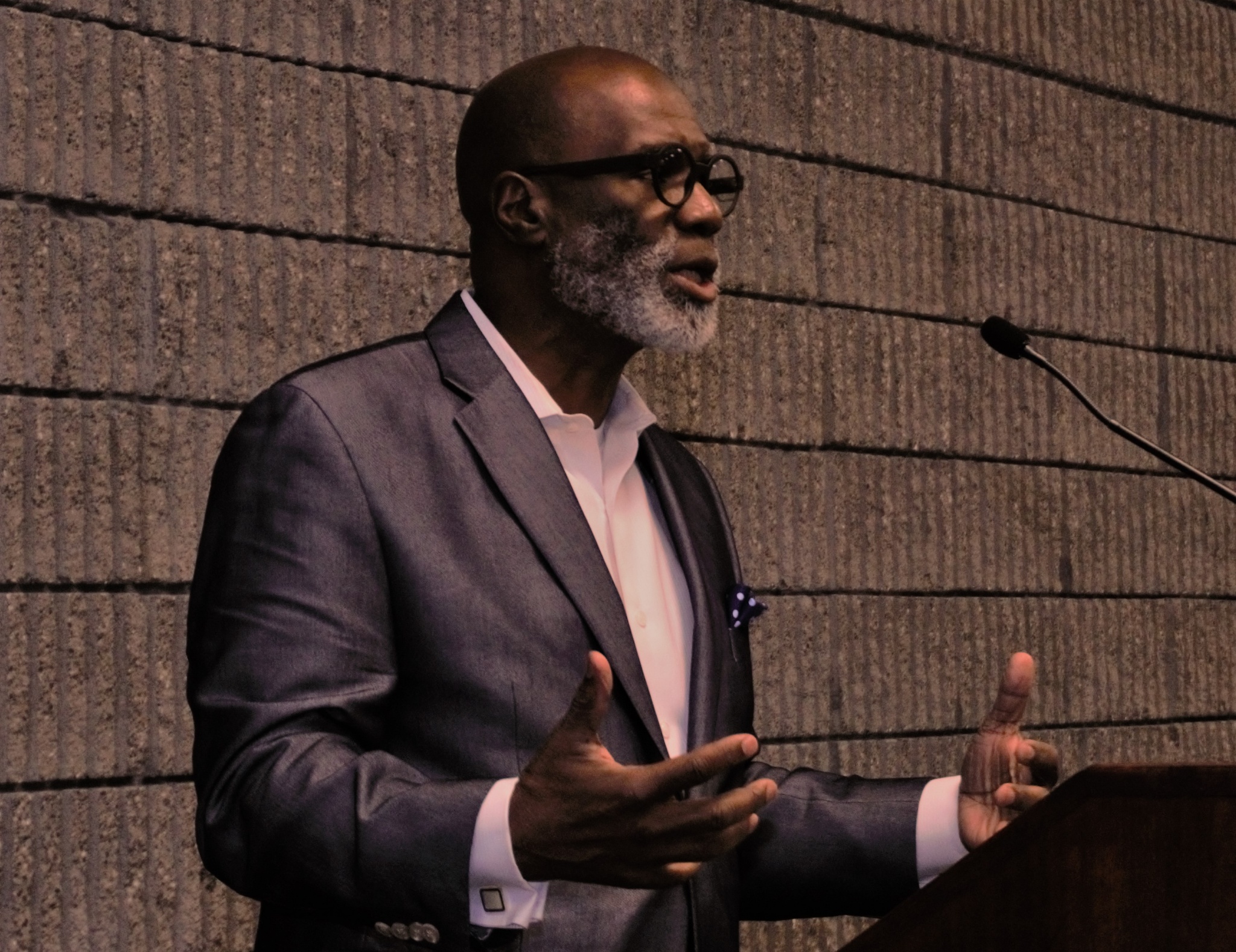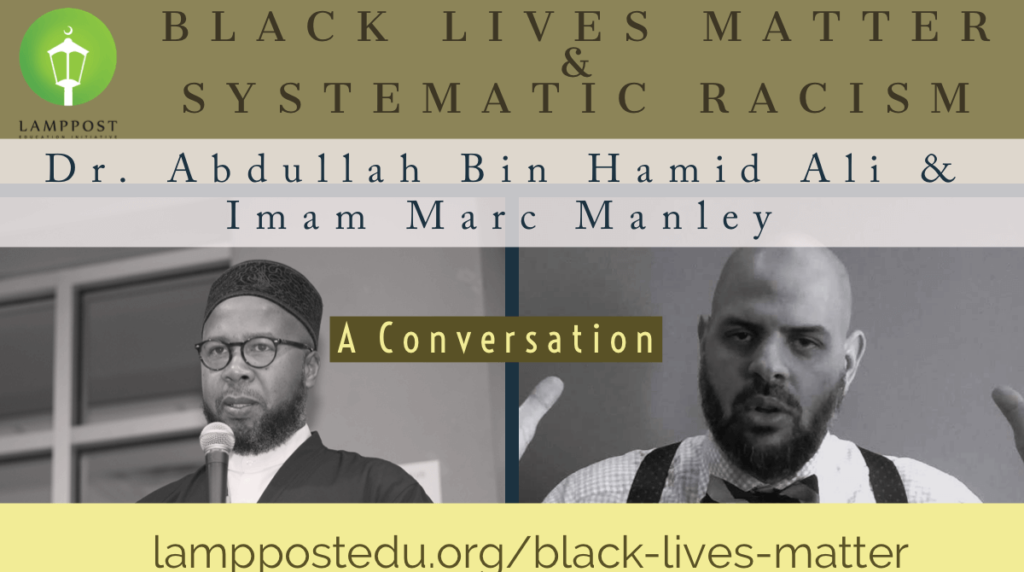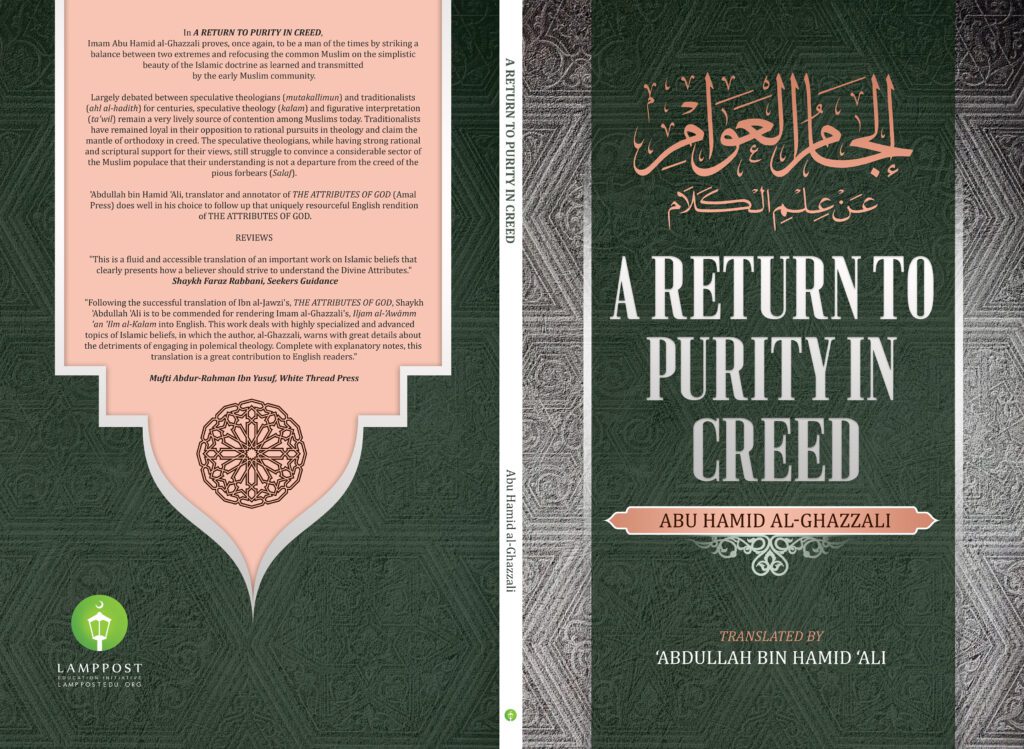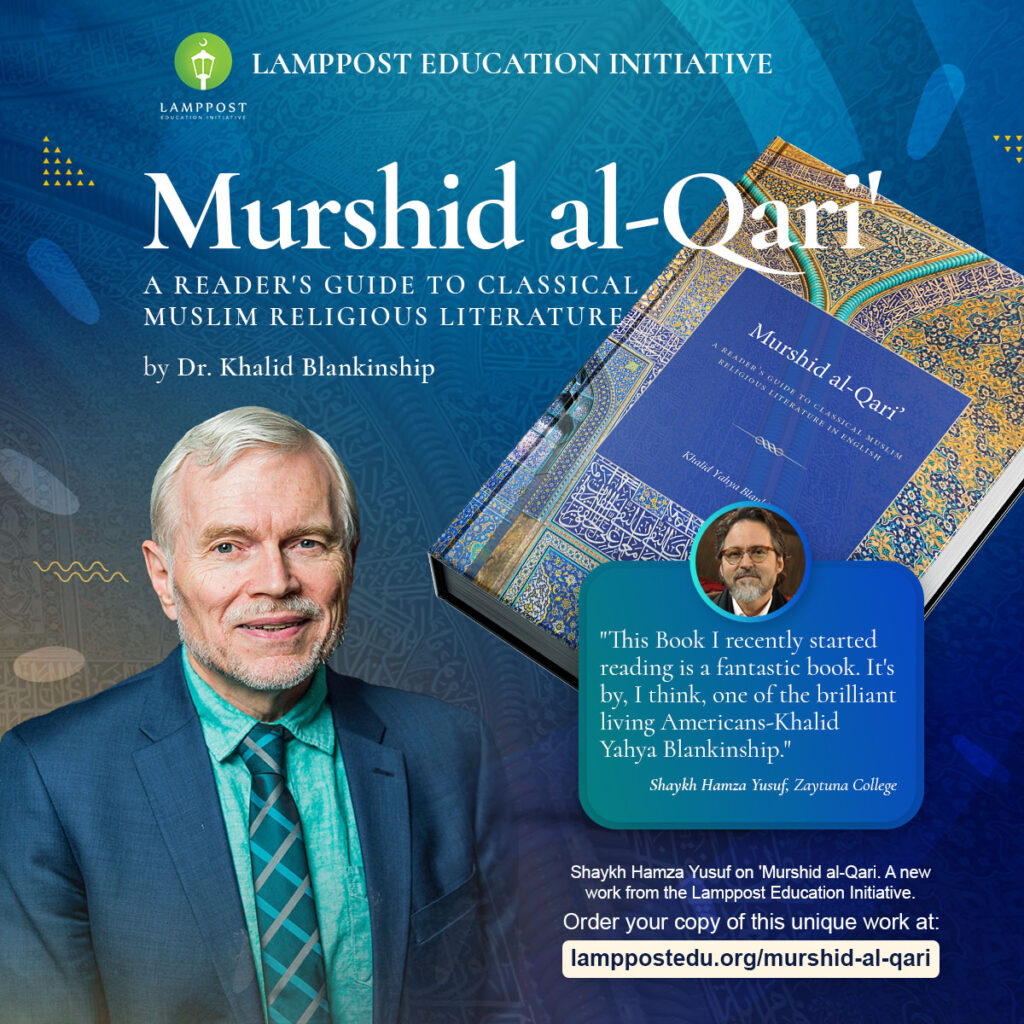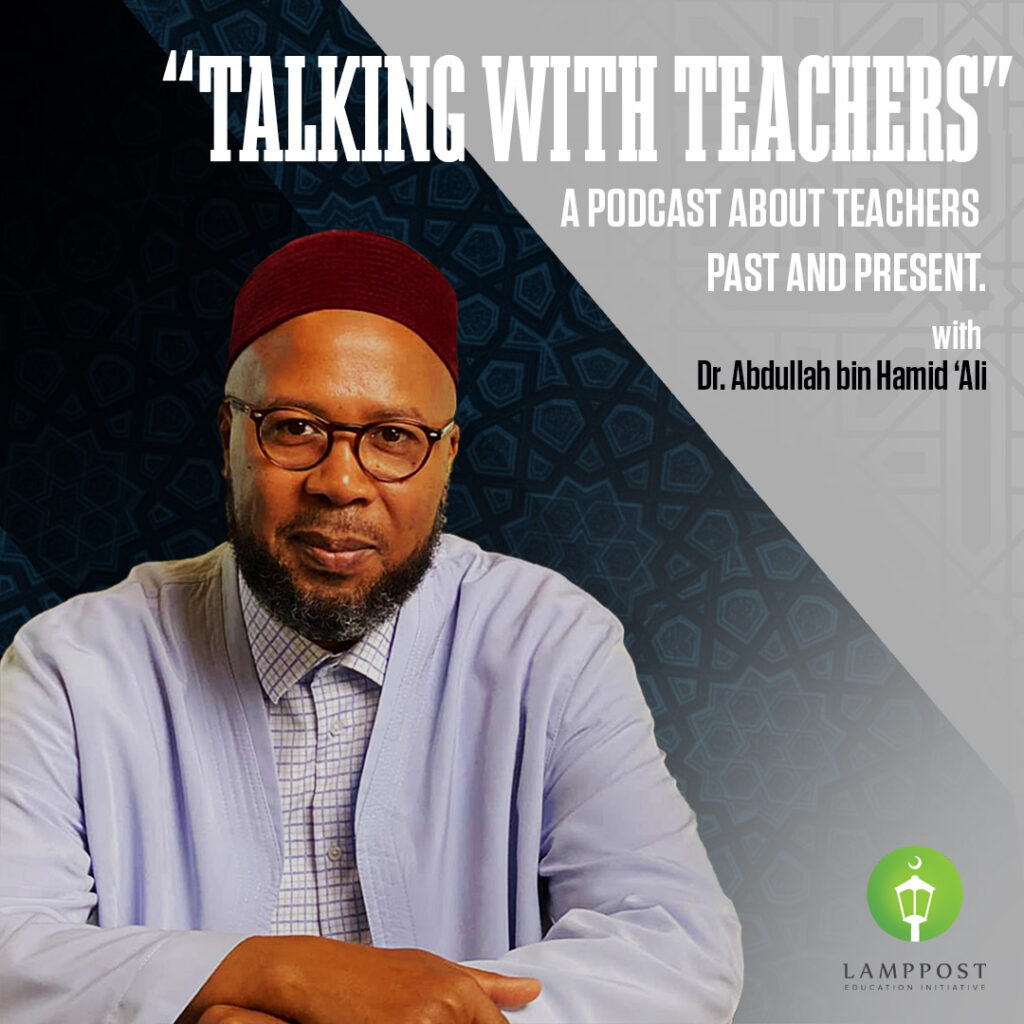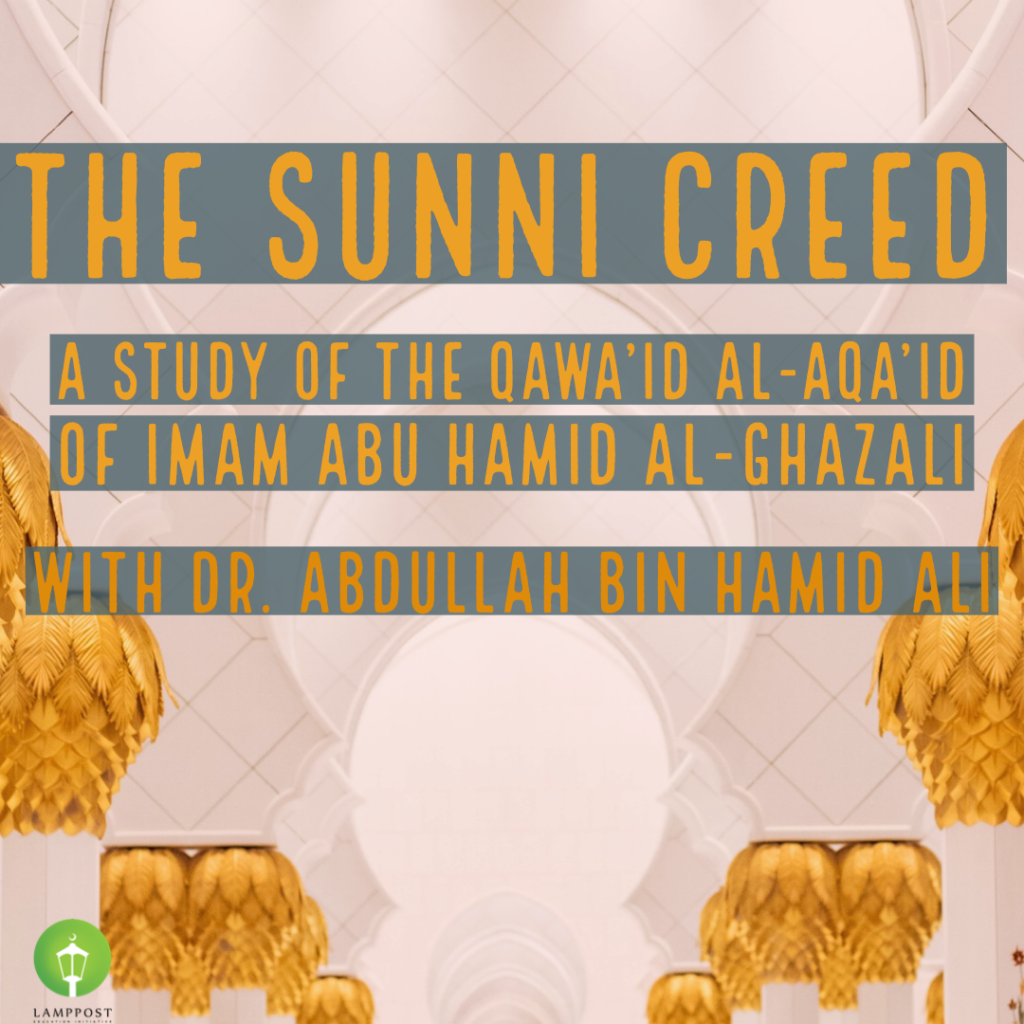What are the some of the prevailing concepts that influence our masajids in America today?
How does ‘liberalism’ affect our ability to manage the actual function of the mosque? What do we need to understand about how ‘secularism’ and ‘atheism’ can impact on our own community life?
Dr Sherman Jackson addresses these issues and more in this fascinating article.

“The Impact of Liberalism, Secularism, and Atheism on the American Mosque” by Dr Sherman Jackson
The Austro-American Sociologist of Religion, Peter Berger, is noted for coining the term and concept of “plausibility structure.” Basically, a plausibility structure is the overall sociocultural context within which a system of meaning, an institution or a set of beliefs acquires its status as “real,” “valuable,” “normal” or even “true”.
Individuals who live in this sociocultural context are not likely to defy or flout these beliefs or institutions but to acquiesce to them, take them for granted and ultimately assimilate them as their own. This does not mean that every individual is a dedicated champion of the reigning beliefs, meanings or institutions. But the prevailing plausibility structure will contribute to one’s sense of identity, morality and reasonableness; and it will impose both a psychological and a social cost on going against established norms. No American president, for example, regardless of his or her own actual beliefs, could proclaim a commitment to racial segregation, unequal pay for women or even atheism. And few American Muslims, again, regardless of their true understandings or commitments, would challenge the reigning paradigms of “human rights,” “free speech” or “separation between religion and state”.
To read the Full article please click HERE
Dr. Sherman Jackson
Dr. Jackson holds the King Faisal Chair in Islamic Thought and Culture and is professor of religion and American studies and ethnicity at the 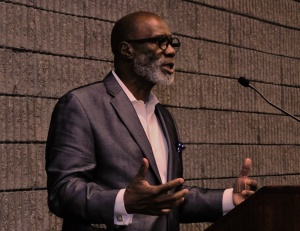 University of Southern California.Dr. Jackson received his Ph.D. from the University of Pennsylvania and has taught at the University of Texas at Austin, Indiana University, Wayne State University and the University of Michigan. From 1987 to 1989, he served as Executive Director of the Center of Arabic Study Abroad in Cairo, Egypt. He is the author of several books, including Islamic Law and the State: The Constitutional Jurisprudence of Shihâb al-Dîn al-Qarâfî (E.J. Brill, 1996), On the Boundaries of Theological Tolerance in Islam: Abû Hâmid al-Ghazâlî’s Faysal al-Tafriqa (Oxford, 2002), Islam and the Blackamerican: Looking Towards the Third Resurrection (Oxford, 2005) Islam and the Problem of Black Suffering (Oxford, 2009), and most recently Sufism for Non-Sufis? Ibn ‘Ata’ Allah al-Sakandari’s Taj al-‘Arus (Oxford, 2012).
University of Southern California.Dr. Jackson received his Ph.D. from the University of Pennsylvania and has taught at the University of Texas at Austin, Indiana University, Wayne State University and the University of Michigan. From 1987 to 1989, he served as Executive Director of the Center of Arabic Study Abroad in Cairo, Egypt. He is the author of several books, including Islamic Law and the State: The Constitutional Jurisprudence of Shihâb al-Dîn al-Qarâfî (E.J. Brill, 1996), On the Boundaries of Theological Tolerance in Islam: Abû Hâmid al-Ghazâlî’s Faysal al-Tafriqa (Oxford, 2002), Islam and the Blackamerican: Looking Towards the Third Resurrection (Oxford, 2005) Islam and the Problem of Black Suffering (Oxford, 2009), and most recently Sufism for Non-Sufis? Ibn ‘Ata’ Allah al-Sakandari’s Taj al-‘Arus (Oxford, 2012).
Dr. Jackson is a co-founder, Core Scholar, and member of the Board of Trustees of the American Learning Institute for Muslims (ALIM), an academic institution where scholars, professionals, activists, artists, writers, and community leaders come together to develop strategies for the future of Islam in the modern world.
Additionally, Dr. Jackson is a former member of the Fiqh Council of North America, former President of the Shari’ah Scholars’ Association of North America (SSANA) and a past trustee of the North American Islamic Trust (NAIT). He has contributed to several publications including the Washington Post-Newsweek blog, On Faith, and the Huffington Post. Dr. Jackson is listed by the Religion Newswriters Foundation’s ReligionLink as among the top ten experts on Islam in America and was named among the 500 most influential Muslims in the world by the Royal Islamic Strategic Studies Center in Amman, Jordan and the Prince Alwaleed Bin Talal Center for Muslim-Christian Understanding. Dr. Jackson is also a frequent contributor to the Lamppost Education Initiative.

